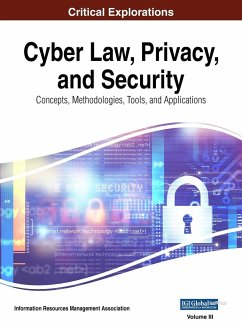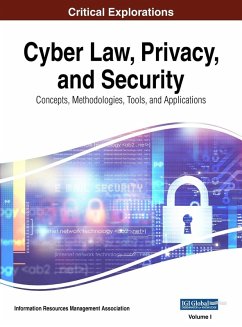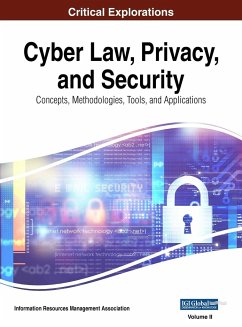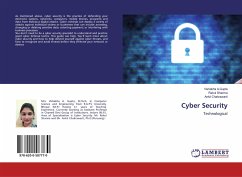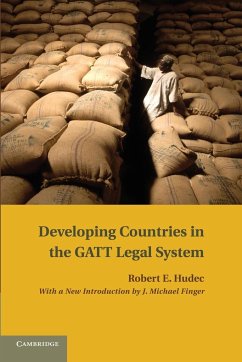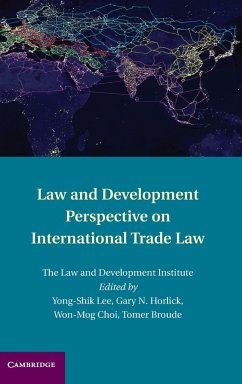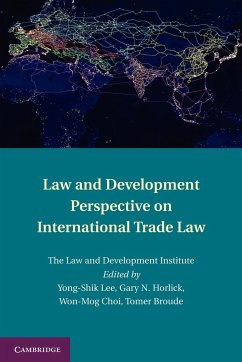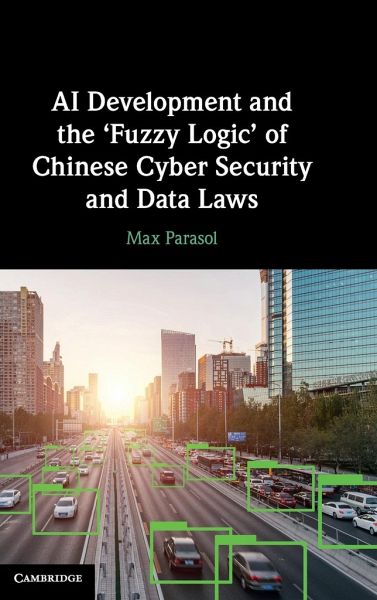
AI Development and the 'Fuzzy Logic' of Chinese Cyber Security and Data Laws
Versandkostenfrei!
Versandfertig in 1-2 Wochen
120,99 €
inkl. MwSt.
Weitere Ausgaben:

PAYBACK Punkte
60 °P sammeln!
Based on author's thesis (doctoral - University of Technology, Sydney, 2020) issued under title: The impact of China's 'fuzzy logic' legal system on Chinese AI development.







